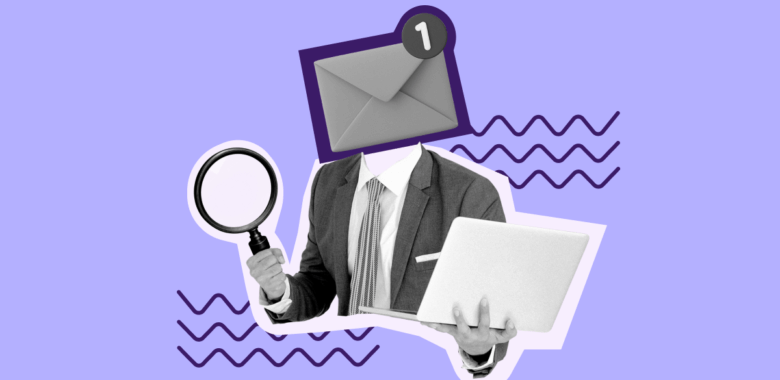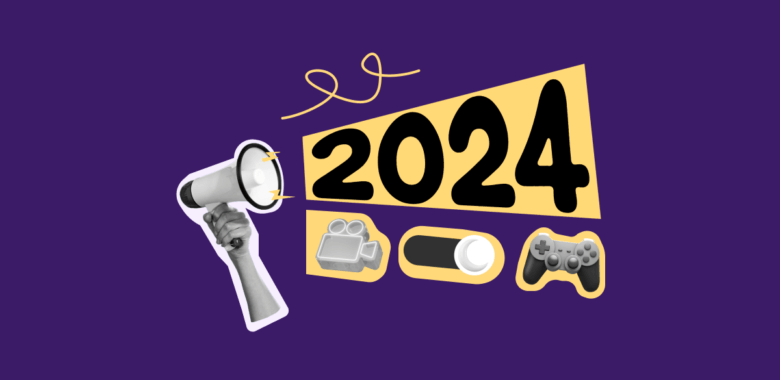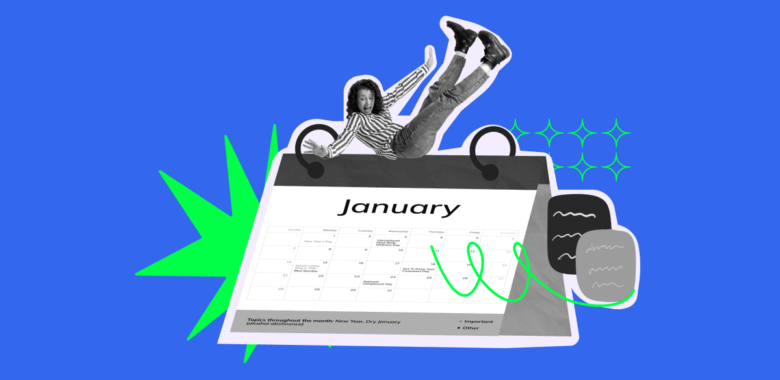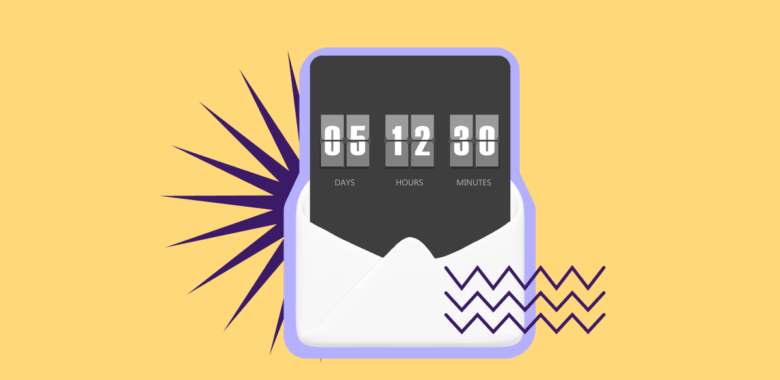Are spam words still relevant?
Google “email spam words” and you’ll find countless articles with words and expressions you should avoid to reach your audience’s inboxes. But if you banish these, will your emails for sure dodge the spam folder?
Now, here’s where it gets tricky. The notion of what is a spam email and how the filters can identify it shifted. Spam trigger words are not the big bad wolves they once were. Today’s inbox service providers (ISPs) are smarter and look beyond these words when sniffing out spam. At the same time, spam trigger word lists are not entirely pointless either. Especially given that spam words can sneak into all parts of your email marketing campaign: subject lines, hyperlinks, image alt text, and even in the finer details like headers, footers, and the HTML or CSS code that shapes the email’s design.























